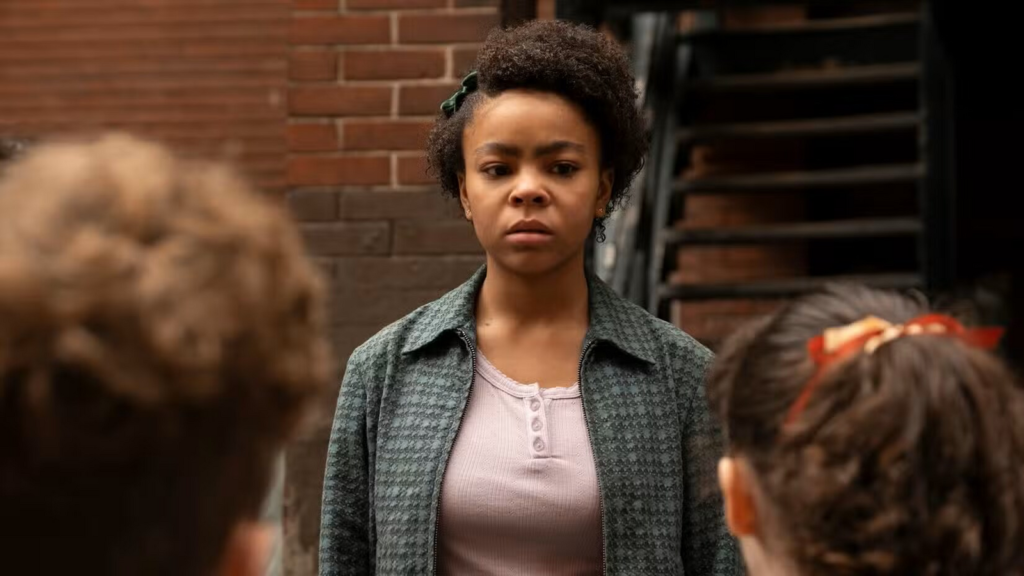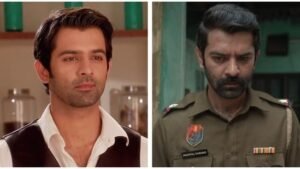
The TV series spinoff of Stephen King’s It is set in the 1960s. Titled Welcome to Derry, the upcoming show not only serves as an origin story for Pennywise but also touches upon the delicate racial politics of America in the early 1960s. Showrunners Jason Fuchs and Brad Caleb Kane spoke to select media in a roundtable interview about merging horror with the socio-political undertones of the era and more.

On showing real-world fears from the 60s
Welcome to Derry features black characters who are fighting their own battles for equality and justice, even as Derry is gripped by evil. Talking about the choice, Brad says, “Since it’s a period piece, we wanted to take advantage of the very period-specific scares. What scares an American? What scares someone in 1962 versus what might be scary to someone in ’89 or the present day in the films? And so, it’s the Cold War. It’s an era of fear over nuclear war and nuclear fallout, nuclear radiation. You obviously see that expressed in a lot of the sci-fi and the horror of that time, particularly the ’50s. They literally called it the Red Scare.” Jason adds, “It was how do we how do we take advantage of that right from the start and orient audiences to different kinds of fears, different kinds of terrors.”
The series is set in the 1960s, and the creators call Derry a microcosm of America. The show does not shy away from depicting the inequalities that existed in the US of the era, while also touching upon racism and the civil rights movement. In a day and age where taking the liberal line is often dubbed a ‘woke agenda,’ the showrunners say they never erred on the side of caution while dealing with real-world issues.

Battling ‘woke agenda’ allegations
Brad argues, “You just show it how it is and how it was. And this is unfortunately how it was in 1962 in America. And I’m sure it was like that in many other places in the world. And I’m sure it still is like that in many other places in the world. And if painting a certain kind of reality is considered a woke agenda, that’s unfortunate. In America in 1962, you were coming out of segregation and the Jim Crow era, and these were real laws of the land and the reality for millions and millions of Americans. And, you know, when we come into our story, we are a year or two removed from tremendous civil unrest in the country. So, to touch on that, when that’s the time period that we’re dipping into, it feels natural and right. And to not touch on that when that’s the reality of the time would be wrong, especially in a story that deals with your worst fears coming true.”
Jason says that even though their show was not meant to be political, it became so because they tried to show the fears of that era, which were political in nature. “Our approach was story and character first. I never saw this as an inherently political show, even though it obviously touches on political themes and the political realities of 1962. I think one of the really The beautiful things about It is this notion of memory, that sort of amnesia that the fog of Derry creates in the people. Showing people’s ability to recognize the evil around them, and past cycles, felt very interesting and timely. People can label all that however they want to label it, but we just wanted to tell a story that felt honest and emotional and that hopefully had the same power on today’s audience. that the book had on us,” he says.
An HBO original, It: Welcome to Derry stars Taylor Paige, Jovan Adepo, Chris Chalk, James Remar, Stephen Rider, Clara Stack, Amanda Christine, Mikkal Karim-Fidler, and Bill Skarsgård. It will begin streaming on JioHotstar in India from October 26.







